Gain-of-function pathogen research is controversial and widespread. Can it be regulated?
By Matt Field | September 25, 2023
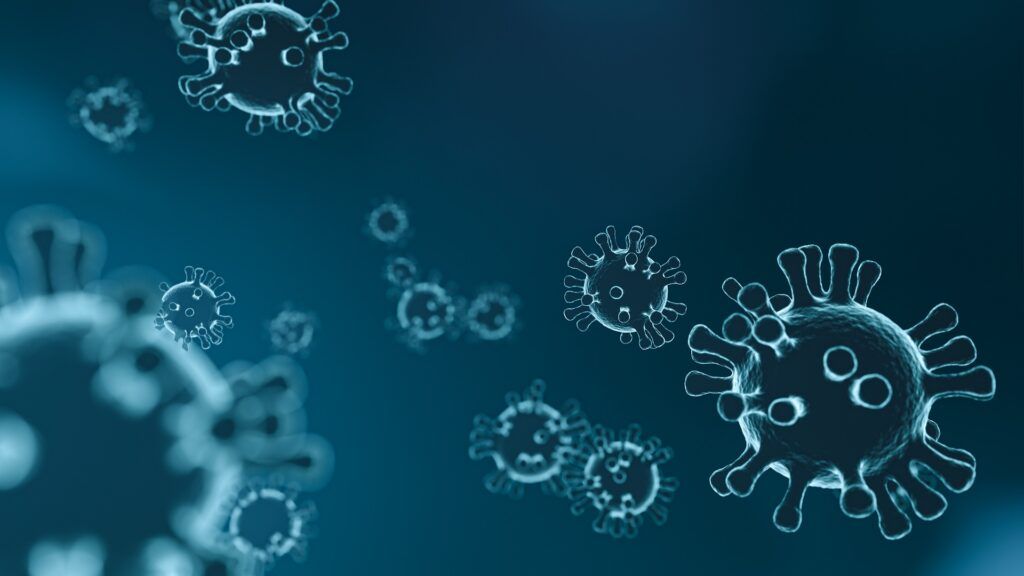 Illustration by maffiemaffie/Pixabay.
Illustration by maffiemaffie/Pixabay.
Activists want it banned. The US government may soon further restrict it. And politicians won’t stop talking about it. So-called “gain-of-function” pathogen research has faced growing scrutiny ever since it became associated with the disputed theory that bat coronavirus experimentation at the Wuhan Institute of Virology sparked the COVID-19 pandemic. A new survey of over 20 years of gain-of-function research concludes that regulating it “will be difficult.”
Gain of function essentially means giving an organism a new property or enhancing an existing one. In the new study, Georgetown researchers looked at 7,000 English-language scientific papers published between 2000 and 2022 that involved manipulating pathogens. They then selected a representative sample of 488 of the articles to characterize gain-of-function research overall. More than half the publications involved US-affiliated researchers, followed by 21 percent that involved China-affiliated scientists. About a quarter of the studies were related to vaccine development. And less than 1 percent involved pathogens that the Centers for Disease Control and Prevention (CDC) recommends be studied under the highest level of biosafety.
The survey comes as gain of function is under a political and funding microscope. Critics say federal policy hasn’t been rigorously enforced and that experiments that should have faced an enhanced governmental review did not—such as research in Wuhan involving modified bat coronaviruses. The Department of Health and Human Services is now considering an advisory committee’s recommendations that would potentially subject more research proposals to a department-level review. As it stands, pathogen enhancement research that doesn’t start with a pathogen of high virulence or transmissibility, but that is anticipated to produce one with these characteristics, may not get this extra scrutiny. (Virulence and transmissibility refer to a pathogen’s ability to spread or cause disease.) The recommendations clarify that “department-level review is required for research that is reasonably anticipated to enhance the transmissibility and/or virulence of any pathogen” so that it acquires the traits of a so-called “potential pandemic pathogen.”
The recommendations expand the definition of these pathogens to include those that are either moderately or highly transmissible or virulent, so long as they also pose a severe threat to public health or national security. (That condition, according to a report in Science, is so that experiments on mundane viruses such as those that cause the common cold do not face the extra level of review.) At the moment, only pathogens that are both highly transmissible and virulent qualify as potential pandemic pathogens.
Some researchers worry that the federal recommendations could cast too wide of a regulatory net. It’s not clear whether modifying seasonal influenza viruses to see the affect of new mutations on their spread would subject a study to extra review, Andrew Pekosz, a flu researcher at Johns Hopkins University, told Science. “I still have a lot of concerns.”
In Florida, Gov. Ron DeSantis, who has made opposition to the public health and scientific establishment his calling card during a bid for the Republican presidential nomination, announced a ban on enhanced potential pandemic pathogen research in May. Other states, including Texas and Wisconsin, are considering their own restrictions.
The Georgetown report echoes concerns that new regulations could stifle important research. Gain of function will be difficult to regulate, it argues, because of its use in public health research and because it involves experiments utilizing different technologies and techniques. The study also looked at so-called “loss-of-function” research, which could be affected by new regulations on gain-of-function experiments, even though it doesn’t involve enhancing a pathogen’s capabilities.
“As such, one size-fits all policies aimed at mitigating dangers from one approach could limit other, less-risky research, and overly broad regulations could ultimately limit the scientific community’s ability to prepare for future disease outbreaks,” the authors wrote. “Effective policies will need to clearly define the subset of research that poses the greatest risk in order to develop targeted regulations.”
Some advocates for greater oversight say that the ideas under consideration only apply to a small sliver of experimentation, and won’t impede beneficial progress in fields like public health.
Harvard epidemiologist Marc Lipsitch told a Bulletin-sponsored conference in April that arguments against regulation that paint gain of function as a broad category with important societal benefits mask a need to further restrict a narrow subset of the research. Almost all gain of function is “safe and we don’t need to be talking about it,” he said. This includes tweaking flu viruses to grow in cell cultures or eggs for vaccine production or “routine genetic engineering” to modify organisms in ways that aren’t “reasonably anticipated” to create a dangerous pathogen capable of spreading widely.
“One of the moves that we need to resist is the use of gain of function as a broad term by politicians and people with political agendas to say gain-of-function experiments are important. They help us make vaccines and therefore we shouldn’t regulate them,” he said.
“Gain of function is a very large category. The concerning experiments are not the ones that make vaccines, and they’re the ones we need to be talking about regulating.”
Together, we make the world safer.
The Bulletin elevates expert voices above the noise. But as an independent nonprofit organization, our operations depend on the support of readers like you. Help us continue to deliver quality journalism that holds leaders accountable. Your support of our work at any level is important. In return, we promise our coverage will be understandable, influential, vigilant, solution-oriented, and fair-minded. Together we can make a difference.
Keywords: gain-of-function research
Topics: Biosecurity

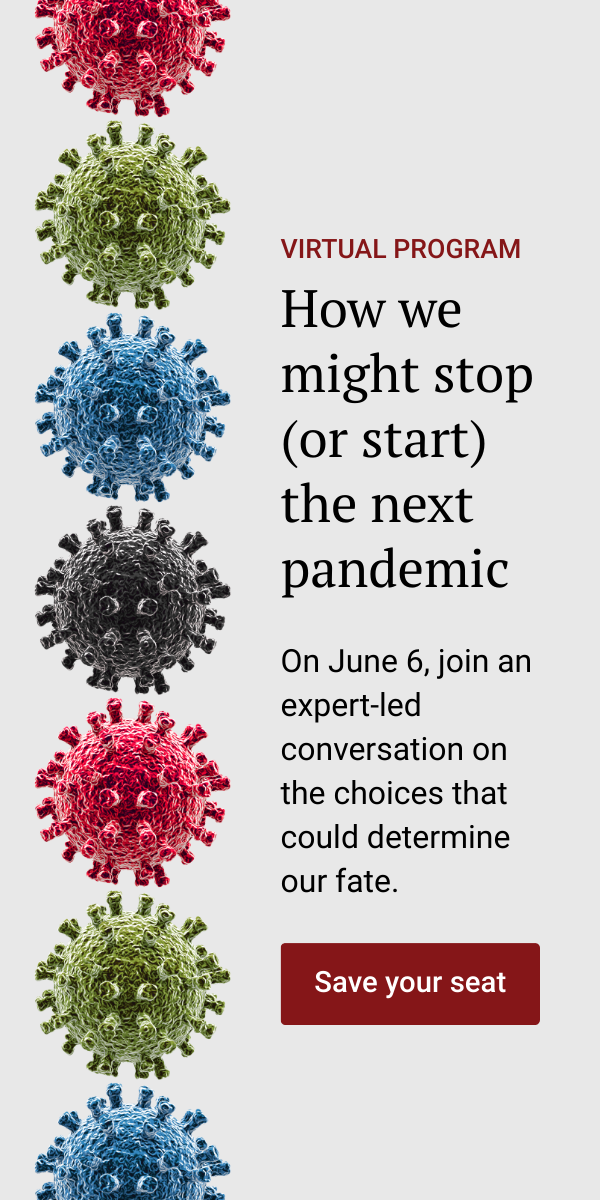
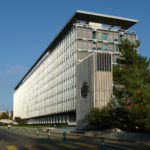
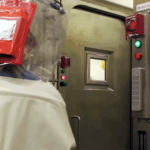
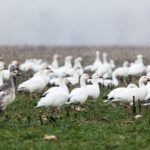
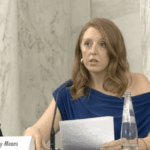








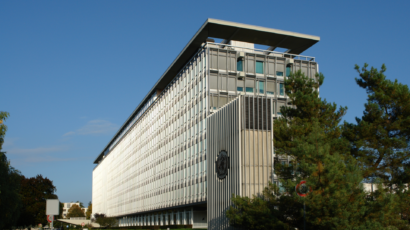

Make virologists strictly liable for doing GOF by codifying criminal penalties and monetary sanctions into the Public Health Servics Act section 300, and 42 U.S.C. section 247D, which delineates the powers of HHS Secretary during an health emergency. Make them understandstand that the laboratory risks they take, effect all humanity. Codify statutorily exactly what GOF is, so there is no confusion. PPP restrictions created by the HHS don’t raise fear in virologists to keep them from doing GOF in secret. Make them strictly liable, including government laboratories, university, and private laboratories. There is too much government and university laboratory collusion… Read more »